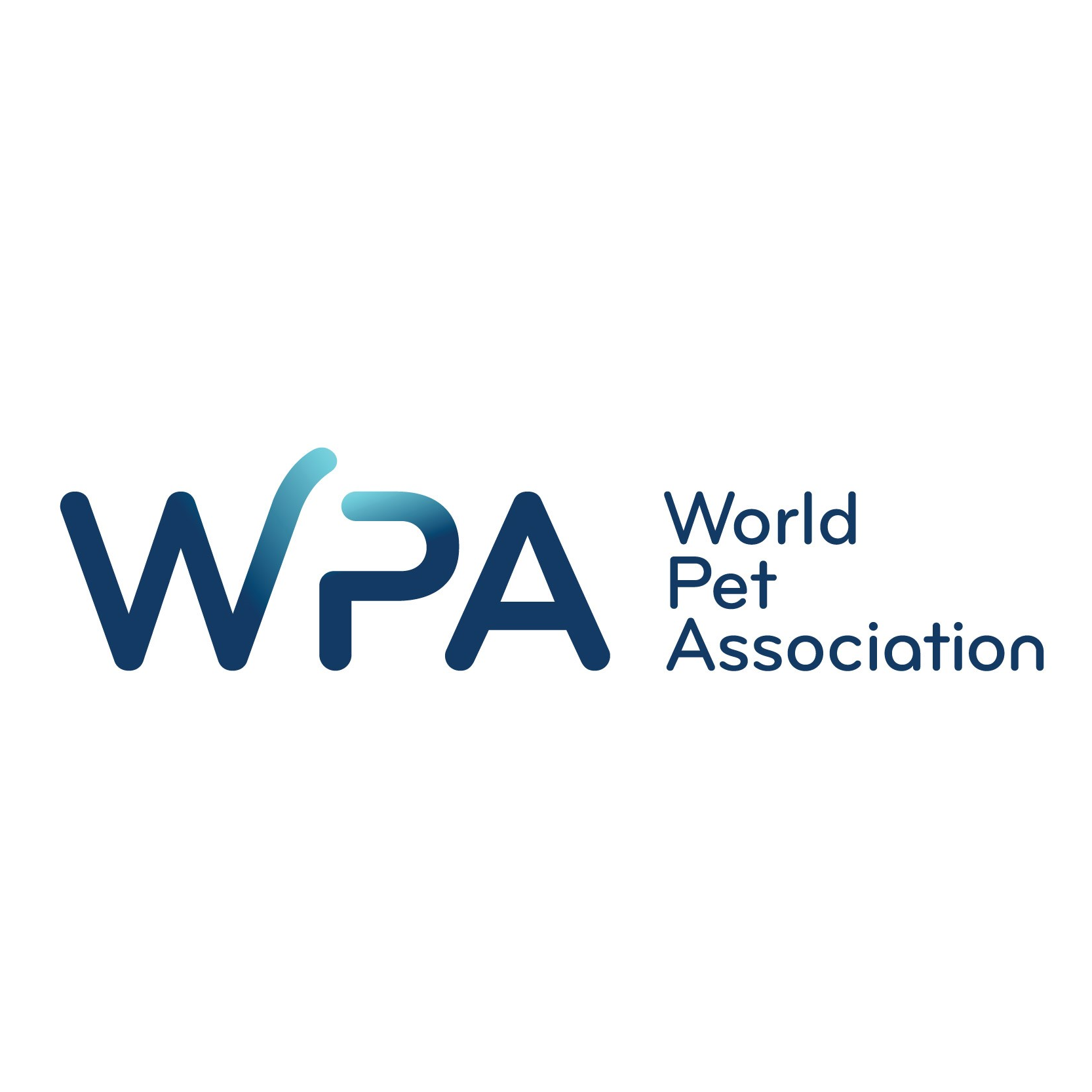VetFolio Course Will Help Optimize the Bond for People, Pets and Professionals
Washington, D.C. (January 12, 2022) — The Human Animal Bond Research Institute (HABRI) and the North American Veterinary Community (NAVC) today launched the new-and-improved Human Animal Bond Certified course for veterinarians, veterinary nurses and veterinary practice managers.
Initially launched in 2018, Human Animal Bond Certified has become the one-and-only certification for animal health professionals looking to engage with their clients through the communication and the science of the human-animal bond. With veterinarians and staff in high demand since the pandemic, significant changes have been made to the course, including the addition of new modules on hot topics such as aftercare and access to care. Human Animal Bond Certification will now be offered as a tiered system, with three, six-hour modules to make the course more manageable to complete. Practice certification is also now available.
“The pandemic has not only accelerated the importance of pets in people’s lives, but it has also created more attentive pet owners who want the best care for their pets and who expect to hear from their veterinarians about the human-animal bond,” said Steven Feldman, HABRI President.
“Human Animal Bond Certified 2.0 equips veterinarians and their teams with the resources they need to support and acknowledge the human-animal bond.”
“Passion for the human-animal bond is an important driver for veterinary professionals,” said Gene O’Neill, CEO of NAVC. “In helping educate veterinarians and staff about the science of the human-animal bond, Human Animal Bond Certified 2.0 is the new gold standard for veterinarians looking to reconnect with their purpose and engage with their clients in a meaningful and effective way.”
Human Animal Bond Certified 2.0 provides veterinarians and staff the tools needed to maintain client relationships and better meet their needs. Program modules focus on the science, communication, community engagement, animal welfare and wellness, and medical care needed to create and maintain a positive human-animal bond. Research shows that good things happen for people, pets and veterinarians when they communicate the science of the human-animal bond, and that pet owners trust their veterinary professionals as vital resources on the human-animal bond.
According to a recent Zoetis survey of pet owners during the pandemic:
- 75 percent said they will be taking their pet for a proper veterinary check-up as soon as they’re able
- 72 percent said they’re taking better care of their pet than ever before
- 72 percent of pet owners said they would not have been able to get through the pandemic without their pet’s company
According to a HABRI survey of pet owners, educating pet owners about the human health benefits of pet ownership positively impacts veterinary care. When educated about the science of the human-animal bond:
- 92 percent of pet owners were more likely to maintain a pet’s health, including keeping up with vaccines and preventive medicine;
- 89 percent of pet owners were more likely to maintain a pet’s health, including regular check-ups with a veterinarian; and
- 89 percent of pet owners were more likely to take better care of a pet overall
“HABRI is grateful for its partnership with NAVC and to Human Animal Bond Certified Companies Zoetis and Nationwide. Their leadership and support will enable more animal health professionals to become Human Animal Bond Certified for the benefit of pets, people and professionals,” added Feldman.
To assemble the course material, HABRI and the NAVC convened a group of highly-qualified veterinarians, researchers and academics, many of whom have helped advance our understanding of just how much pets improve our health and well-being through their own research. The American Veterinary Medical Association (AVMA) was a key contributor, serving as a Founding Educational Partner for the certification. HABRI co-founders Zoetis and Petco are Premier Sponsors for the Human-Animal Bond Certification course, along with PetSmart Charities, reflecting their longstanding commitment to scientific research and education on the healing power of the human-animal bond.
For more information about the Human Animal Bond Certification, please visit NAVC.com/HAB.
About NAVC
The North American Veterinary Community (NAVC) is a nonprofit organization dedicated to supporting and advancing veterinary professionals worldwide. The world’s leading provider of veterinary continuing education, the NAVC delivers essential training, tools and resources for veterinary professionals to stay abreast of advances in animal medicine and provide the best medical care for animals everywhere. Through its commitment to innovation and excellence, the NAVC has developed a diverse portfolio of products and services, including: educational events, headlined by VMX, the world’s largest, most comprehensive continuing education conference and launchpad for new products and innovations within the veterinary industry; a robust digital platform for virtual learning and engagement; the veterinary industry’s largest and award-winning portfolio of trade publications; and an advocacy arm which unites the veterinary community and pet lovers. The NAVC was founded in 1982 and is headquartered in Orlando, FL. Since 2017, the NAVC has been recognized annually as one of the Top Workplaces by the Orlando Sentinel. To learn more about the NAVC’s products and brands, visit https://navc.com/. To see our schedule of upcoming events, visit https://navc.com/calendar/.
About Human Animal Bond Research Institute (HABRI)
HABRI is a not-for-profit organization that maintains the world’s largest online library of human-animal bond research and information; funds innovative research projects to scientifically document the health benefits of companion animals; and informs the public about human-animal bond research and the beneficial role of companion animals in society. For more information, please visit www.habri.org.
Contact
Jamie Baxter
jamie@theimpetusagency.com
775.322.4022
###





